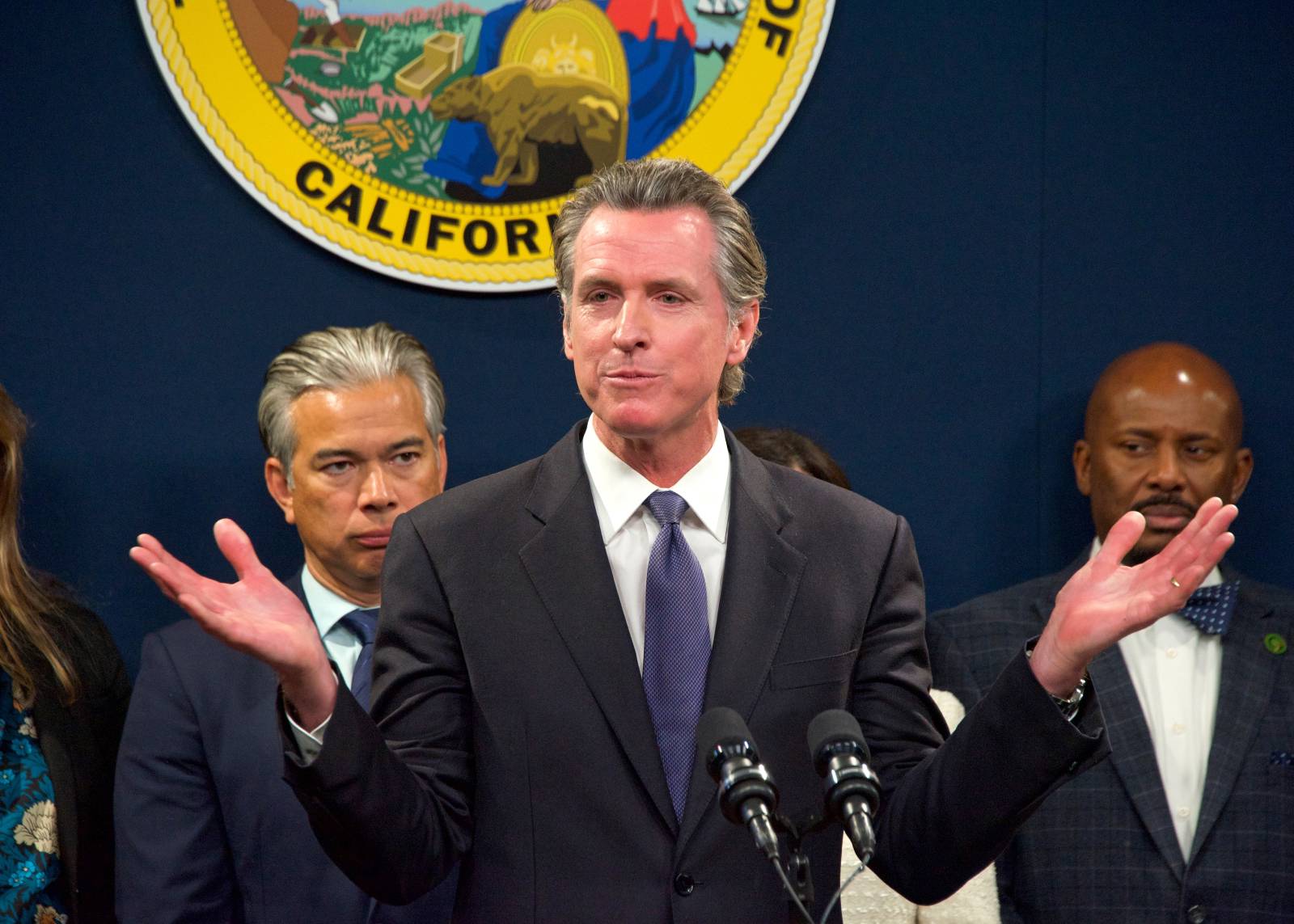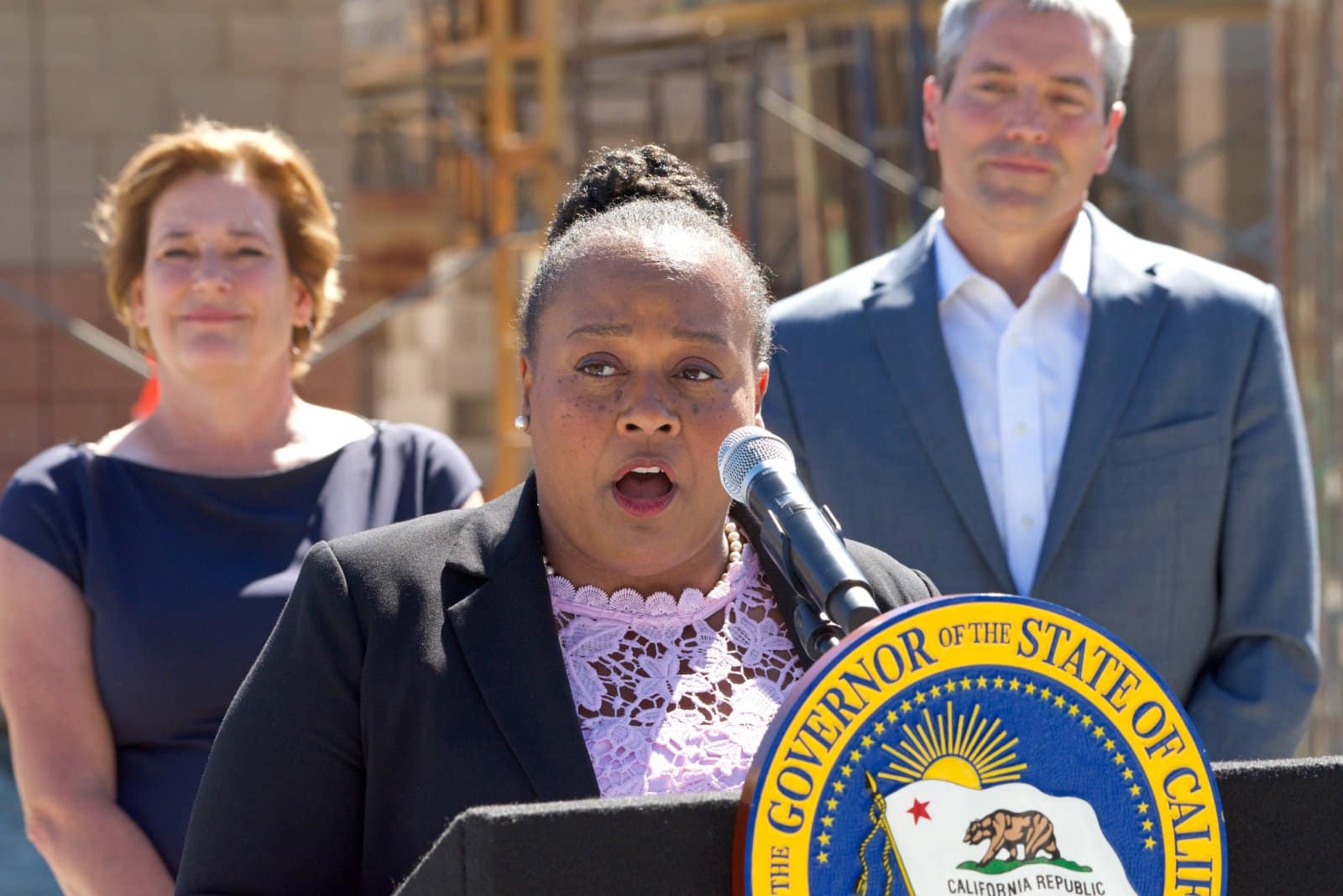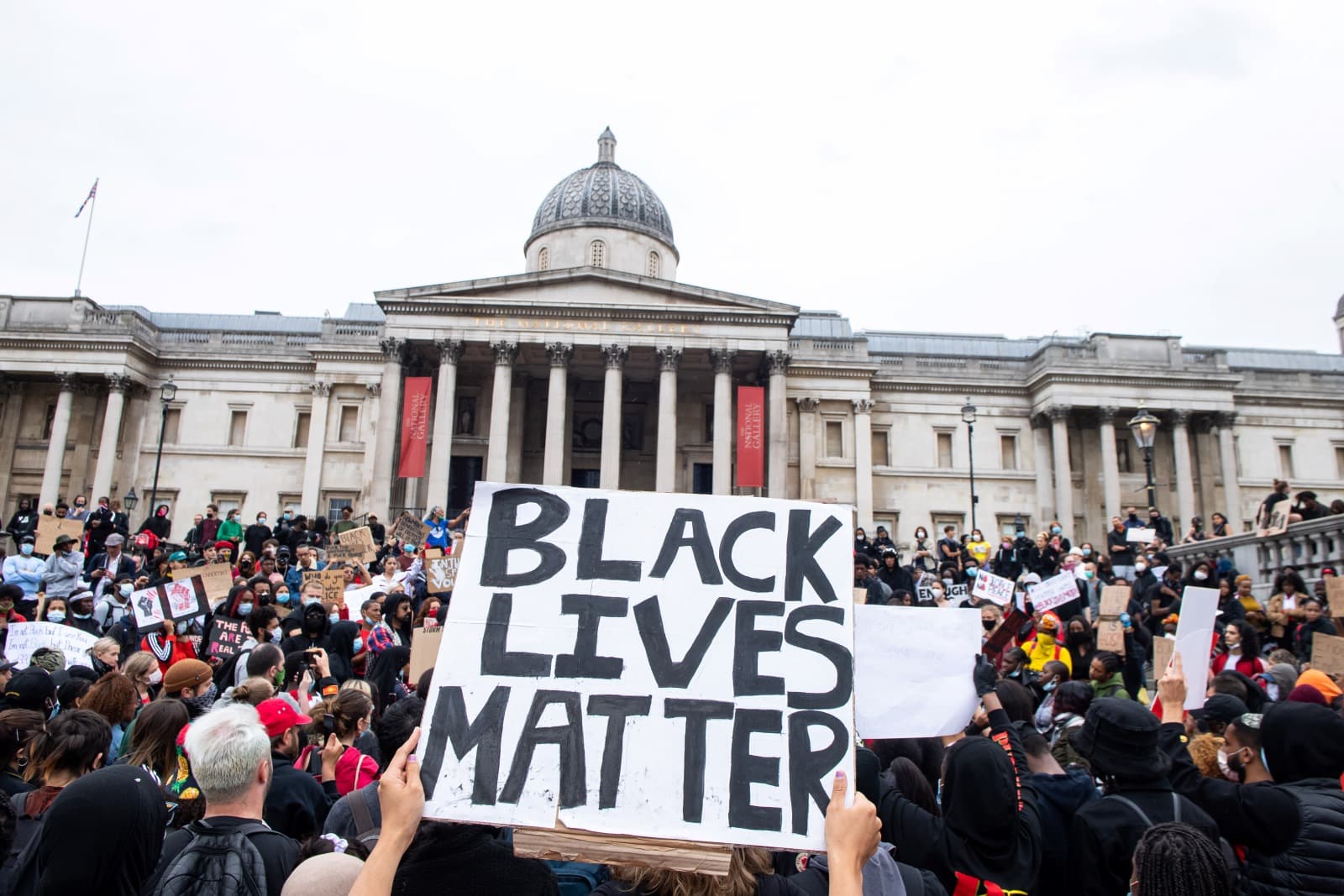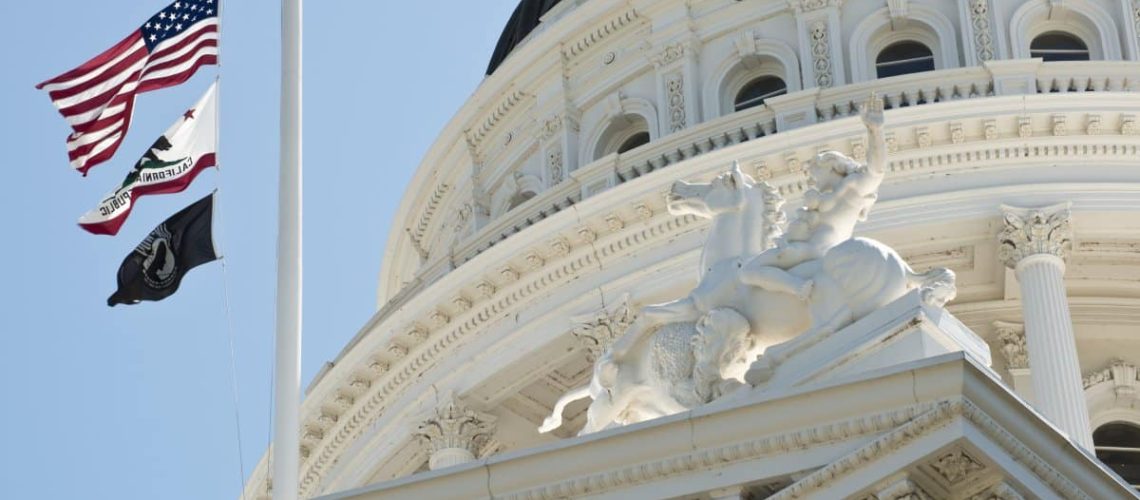Last month, California passed a budget that allocates $12 million to reparations efforts for its Black residents. However, this comes amidst the state’s $47 billion budget deficit, which has sparked debate amongst legislators and residents.
California’s New Budget

California recently passed a budget which allocates a groundbreaking $12 million to address historical injustices faced by its Black residents.
Reparations Background

Discussions about reparations in California have been ongoing for several years. Talks have escalated as national conversations about racial justice have gained more momentum.
The Budget Breakdown

The biggest problem California faces is their significant budget deficit of $47 billion. This raises questions among residents about the priority of funding for reparations and victim services.
Task Force Results

Last year, a California task force, assigned the job of researching and proposing reparations plans, issued a report. The group pushed for up to hundred of billions worth of reparations for Black residents.
Funding Details

The $12 million set aside for reparations will not be issued in cash payments. Instead, it will support legislative bills that aim to right past wrongs against Black Californians.
Legislative Support

This budget deal was strongly supported by the California Legislative Black Caucus. The group has been advocating for these reparations for years.
A Double Edged Sword

On one hand, some critics believe that the funding is too little compared to the task force’s report that exposed the need for more reparations. However, others believe that in the face of a deficit, reparations should not be the top priority.
Victim Services Fund

Along with the reparations funding, there will be budgeting for victim services. This is designed to ensure continued support for victims of crimes.
Implementation Plans

The reparations funding will support a few proposals. The first, and least expensive, is a formal apology from the state. Others, like a program that addresses the lingering impacts of slavery, will cost the state more.
Possible Future Programs

Other ideas have been tossed around, such as creating a California American Freedman Affairs Agency and issuing professional licenses to Black residents in a more prioritized manner.
Future Legislative Bills

Two constitutional amendments are also up for legislative debate. One would ban involuntary servitude nationwide, including in prisons. The other would allow the state to fund race-based programs.
Impact on Black Californians

The reparations funding aims to provide tangible benefits to Black Californians. Acknowledging the historical racial injustices is the first step before providing legislative support.
Various Cuts

Because of the state’s tight budget, other areas have seen a reduction in funding. Affordable housing, health care workforce development, and student housing have taken a funding hit.
Assemblywoman Lori Wilson’s Role

Assemblywoman Lori Wilson has been a key advocate for these reparations. She said, “even in a challenging deficit year, we’ve had our leadership and governor recognize the obligation to those impacted by slavery.”
Role of Newsom

Governor Gavin Newsom has also supported these efforts in budget negotiations. He has pushed for social justice initiatives in a way that balanced fiscal constraints.
Kate Sanchez Speaks Up

On the other hand, Republic Assemblywoman Kate Sanchez added, “I recognize and acknowledge the painful part of our history,” but believes that “the pains of our past should not be paid by the people of today.”
Californians Unsure

Californians are unsure. Some feel that the move is an important and necessary step forward, while others are concerned about the timing of the decision amid a budget deficit.
Complex Process

Implementing the reparations proposals will not be an easy process. There will be advocacy and legislative support required, along with the ability of legislators to balance these efforts with a tight budget.
Historical and National Context

California’s decision to allocate funds comes after years of advocacy and growing recognition of the need to address historical wrongs. The move also aligns with the national conversation about addressing racial justice.
Economic Considerations

California has voiced its support for addressing historical injustices with this move. The state has made it clear that reparations are non-negotiable despite the significant budget deficit.
Other Reparation Debates

The reparations debate has taken hold in many places around the country. Chicago, New York, and Washington, D.C. are just a few places where task forces and grants are being set up.
Long-Term Goals

California’s ease into reparations efforts could inspire other states to consider similar measures. This may inspire other regions who are on the fence about reparations budgeting to take even one step toward racial justice and equity.
21 Beliefs About the Bible That Are Actually False

The Bible is one of the most discussed and debated books in history, yet many common beliefs about it are more myth than fact. How many of these misconceptions have you heard before? 21 Beliefs About the Bible That Are Actually False
21 Subtle Racisms That Are Commonplace in America

Racism in America isn’t always overt; it often hides in plain sight through subtle actions and attitudes. How many of these subtle racisms have you noticed around you? 21 Subtle Racisms That Are Commonplace in America
Only Legal in America: 21 Things You CAN’T Do in the Rest of the World

The U.S. dances to its own beat, especially when it comes to laws that make the rest of the world do a double-take. Here’s a lineup of things that scream “Only in America,” sticking strictly to what’s written in the law books. Ready for a tour through the American legal landscape that’ll leave you wondering if freedom might just be a bit too free? Only Legal in America: 21 Things You CAN’T Do in the Rest of the World
The post California Approves Millions in Black American Reparations Despite $47 Billion State Deficit first appeared on Pulse of Pride.
Featured Image Credit: Shutterstock / Michael Warwick.

